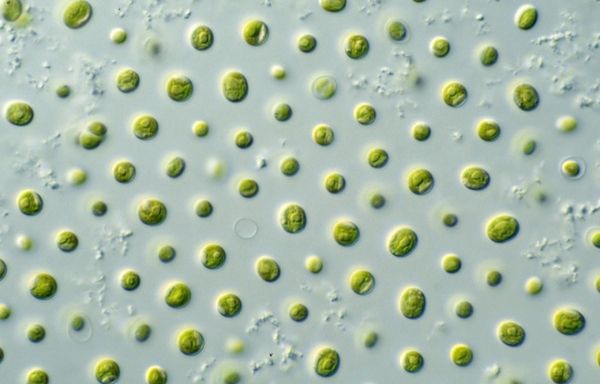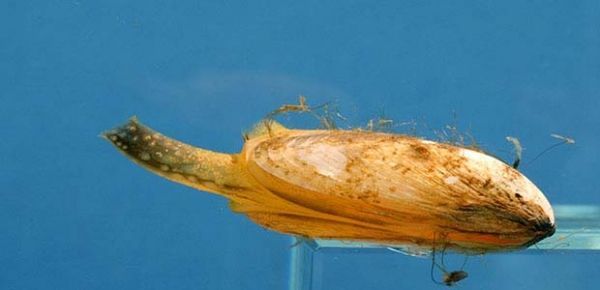
An unconventional mélange of algae, eucalyptus and bioenergy with carbon capture and storage (BECCS) appears to be a quirky ecological recipe. But, scientists from Cornell, Duke University, and the University of Hawaii at Hilo have an idea that could use that recipe to help power and provide food protein to large regions of the world – and simultaneously remove a lot of carbon dioxide from Earth’s atmosphere.
>> Read the Full Article

Since hitching unsolicited rides in boat ballast water in the late 1980s, invasive quagga mussels (Dreissena rostriformis bugensis), which are native to Ukraine, have caused massive changes to the ecology of the Great Lakes. These invasive mussels have also taken a toll on the Great Lakes recreational and commercial fisheries, which are valued at $4-7 billion annually according to Michigan Sea Grant.
>> Read the Full Article

 ENN
Environmental News Network -- Know Your Environment
ENN
Environmental News Network -- Know Your Environment